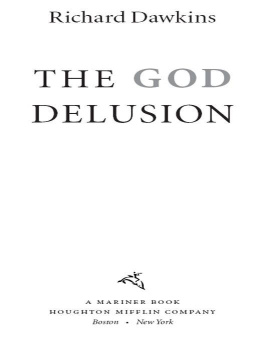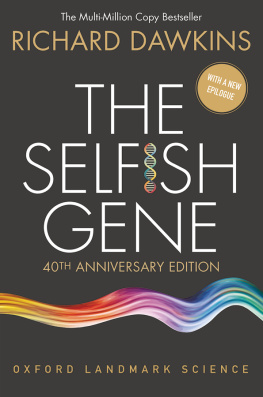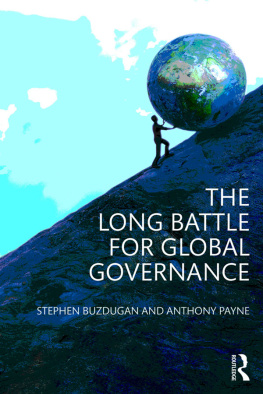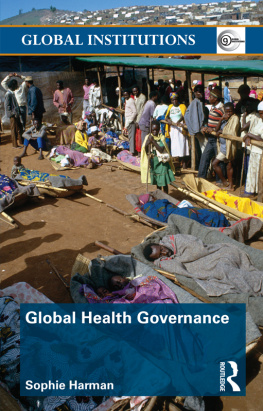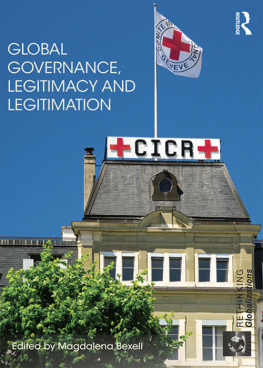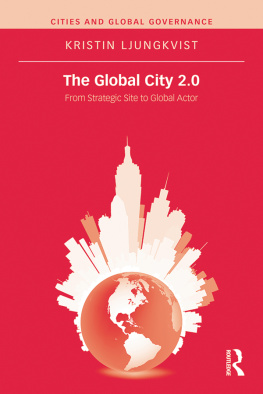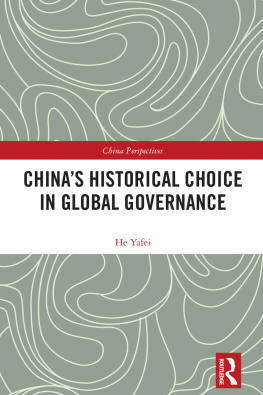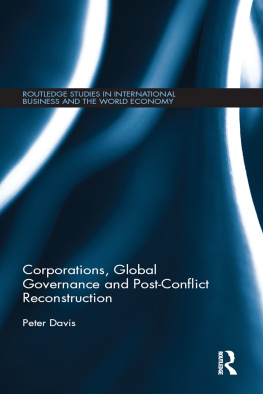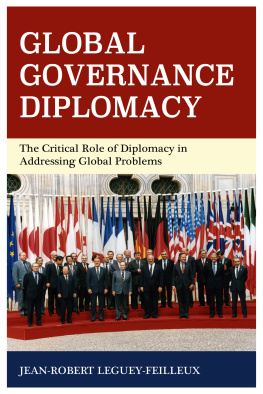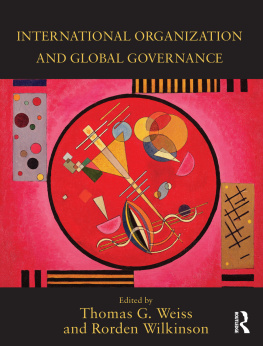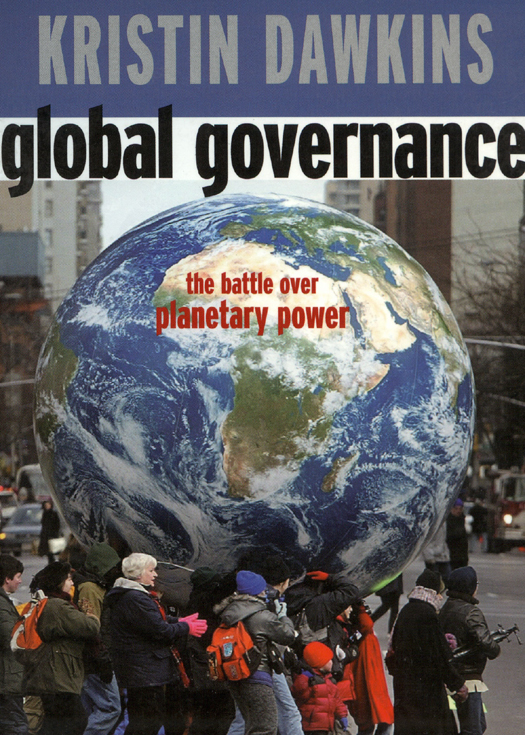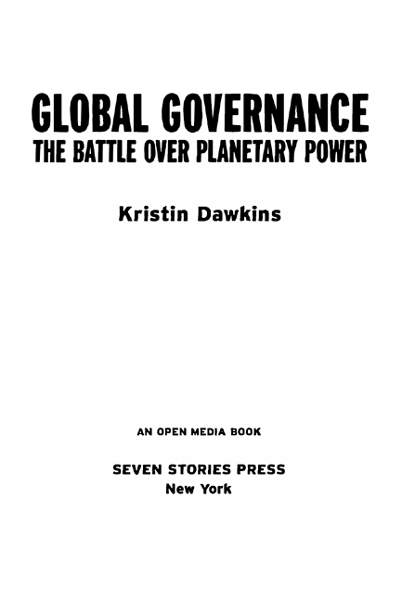2003 by Kristin Dawkins
Open Media series editor, Greg Ruggiero
All rights reserved. No part of this book may be reproduced, stored in a retrieval system, or transmitted in any form, by any means, including mechanical, electric, photocopying, recording or otherwise, without the prior written permission of the publisher.
In Canada: Hushion House, 36 Northline Road, Toronto, Ontario M4B 3E2
In the U.K.: Turnaround Publisher Services Ltd., Unit 3, Olympia Trading Estate, Coburg Road, Wood Green, London N22 6TZ
In Australia: Palgrave Macmillan, 627 Chapel Street, South Yarra, VIC 3141
Cover design: Greg Ruggiero
Cover image: Protesters carry an inflatable globe during an antiwar demonstration, February 15, 2003, in New York City. The rally coincided with peace demonstrations around the world. MARIO TAMA/GETTY IMAGES
eISBN: 978-1-60980-223-3
v3.1
THANKS TO
Mr. Chakravarthi Raghavan, chief editor of the South
North Development Monitor (SUNS), who has spent
more than four decades covering the challenge of just
governance within the multilateral system;
and
IN LOVING MEMORY OF
Paul and Sheila Wellstone, and all those who have lost
their lives while working for justice.
May 2003
 CONTENTS
CONTENTS ACKNOWLEDGMENTS
ACKNOWLEDGMENTSThere are experts far greater than I on the various topics I attempt to discuss in this little book. They will certainly notice that in stating matters for the purpose of providing a broad overview, I have simplified many thingshopefully not to the point of inaccuracy. Further to that, any and all feedback is welcome. Many thanks to Sophia Murphy and Andre Lambelet for their careful review and to Ria Julien for her superb edits. And a special thank-you to all of my friends across the planet from whom I have learned over the years about the complexity of the world and those who manage its human affairs.
Preface
 STARTING AT HOME
STARTING AT HOMEIn my neighborhood in St. Paul, Minnesota, theres a strong will among neighbors to decide our communitys future for ourselveswhat new developments or demolition will come next. Affordable housing, home ownership, problem properties, and crime are big issues here. Weve campaigned for better schools and to make sure there are safe places for our kids to play, and weve worked to clean up the toxic rail yard next door.
This is St. Pauls East Side, traditionally a working-class area with a strong sense of identity. Europeans settled here at the turn of the twentieth centurySwedes, Irish, Italians, Norwegians, and Poles. Mexicans came during the early 1900s. All these immigrants arrived by rail and squatted along Phalen Creek in Swede Hollow before gradually moving up into the more established communities on the bluff lands of the Mississippi River. Here, virtually all of the businesses on the main street are family-owned and -operated. People know each other. They take care of each other. It feels like a small town.
But there is hardship here. The elimination of thousands of blue-collar jobs has disturbed this communitys sense of security. We are now the second-poorest community of all St. Paul and have the highest crime statistics. The largest Native American community in St. Paul lives here too. People of color now make up the majority of this neighborhood. Many old-timers are moving away, and many new immigrants from Laos and Cambodia, Mexico, and Somalia have moved in. They all had reasons for leaving where they were and choosing to come here. Generally, people only move when they have to, or when they see hope for a better life somewhere else. In the nearest public grade school, some ninety percent of the kids move every year. The kind of transience evidenced in St. Paul, Minnesota, and, indeed, throughout most of the world, is proof positive that global conditions are far from okay.
Can we build an inclusive multicultural community on the East Side of St. Paul that is both financially healthy and socially happy? I think we can. In my view, it depends on sustaining and strengthening the democratic principles and organizations for which Minnesota is famous. Our democratic-farm-labor party, part of the national Democratic Party, has roots deep in the populist era of the farm and labor movements of the early twentieth century. Yet popular participation and commitment to populist economics in St. Paul, like everywhere else, have faded over the years.
Globalization has permeated St. Pauls East Side, just as it is permeating most communities on Earth. No matter the locale, people are reacting to the loss of control over their futures. In my neighborhood, the business association has not sought to attract corporate chain franchises; we are developing through investments in family-owned businesses. In my neighborhood, the development company is committed to generating wealth for the people who already live here, and it stands by the principle that we can do this better togetherall of us, the current residents of the East Side. Recently, this community elected the first Hmong person to any state legislature in the United States, to the Minnesota Senate. And she is a Hmong womana refugee from Laos after the Vietnam Warnamed Mee Moua. Senator Mouas victory demonstrates that community strength and political power can rise quite literally from the ashes of displacement and social destructionand a shared vision for the future can be defined across our cultural differences.
Still, if transnational corporate interests are allowed to continue their raid on human resources, natural resources, and financial resources in every country on Earth, the future appears grim.
If, on the other hand, we can develop the capacity to control our immediate neighborhoods, the knowledge and strength to achieve accountability from our municipal and regional governments, the collective wisdom and power to structure a more democratic formation of national government, and the friendships and global solidarity to create an international system of just governancewhy, there just may be a future we need not fear for our children.
This is our goal.
Introduction
 WHOS IN CHARGE?
WHOS IN CHARGE?Whos in charge of this planet, anyway?
Watching the news, attending civic meetings, noting the state of schools and hospitals in decay, or reading the ticker tape of the ever-moving stock markets, you, like me, may feel confounded. Its hard to know whoif anyoneis pulling the strings as events whiz by at breakneck pace.
Some would say its the United States of America itselfthe worlds current superpower. U.S. military, economic, and political power have for many years been driving a host of changes on this planet, including dramatic shifts in international alliances and institutions. Historically, the United States has played a major role in creating the multilateral system, while nowadays it is more inclined to brazenly act on its own.




